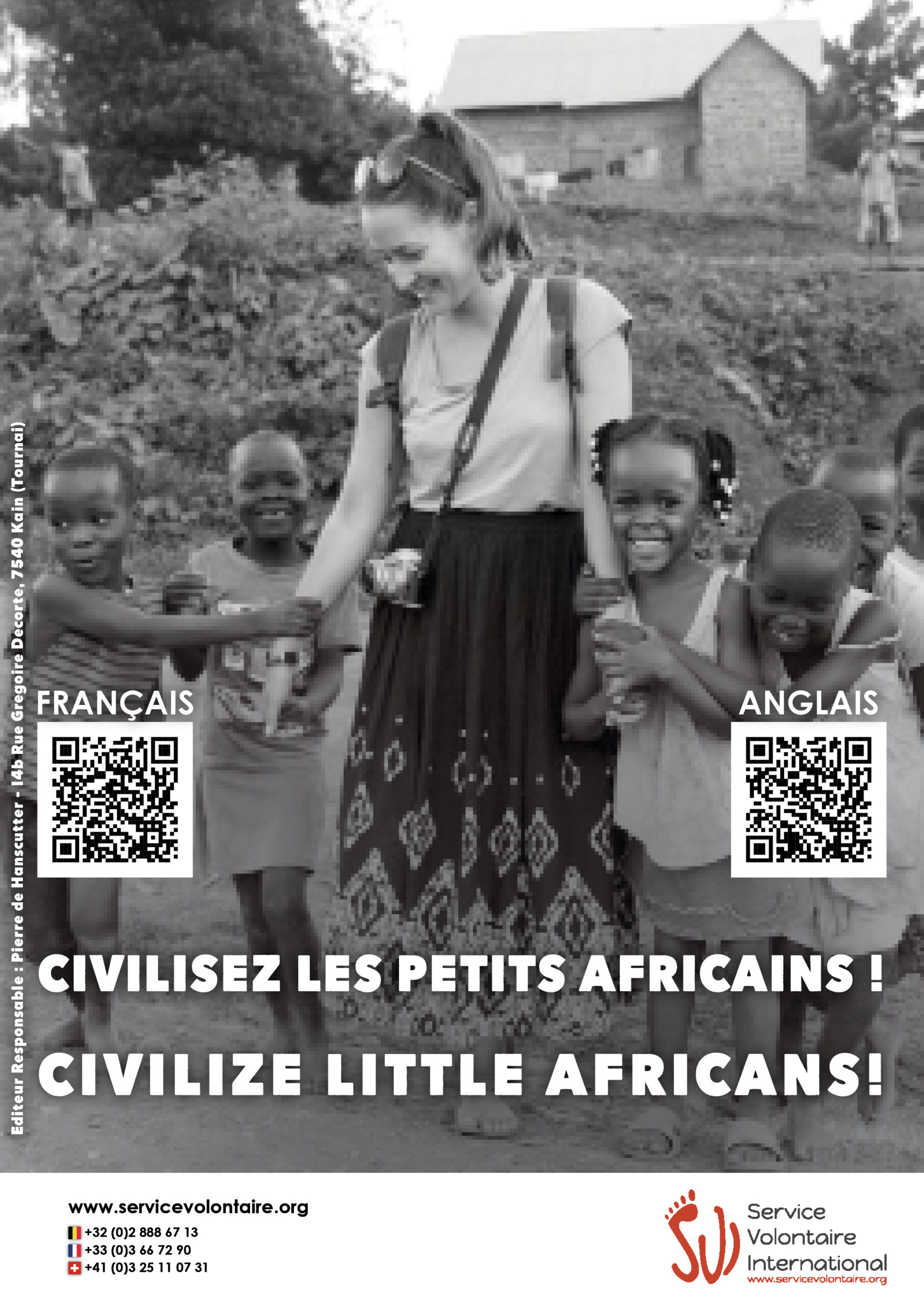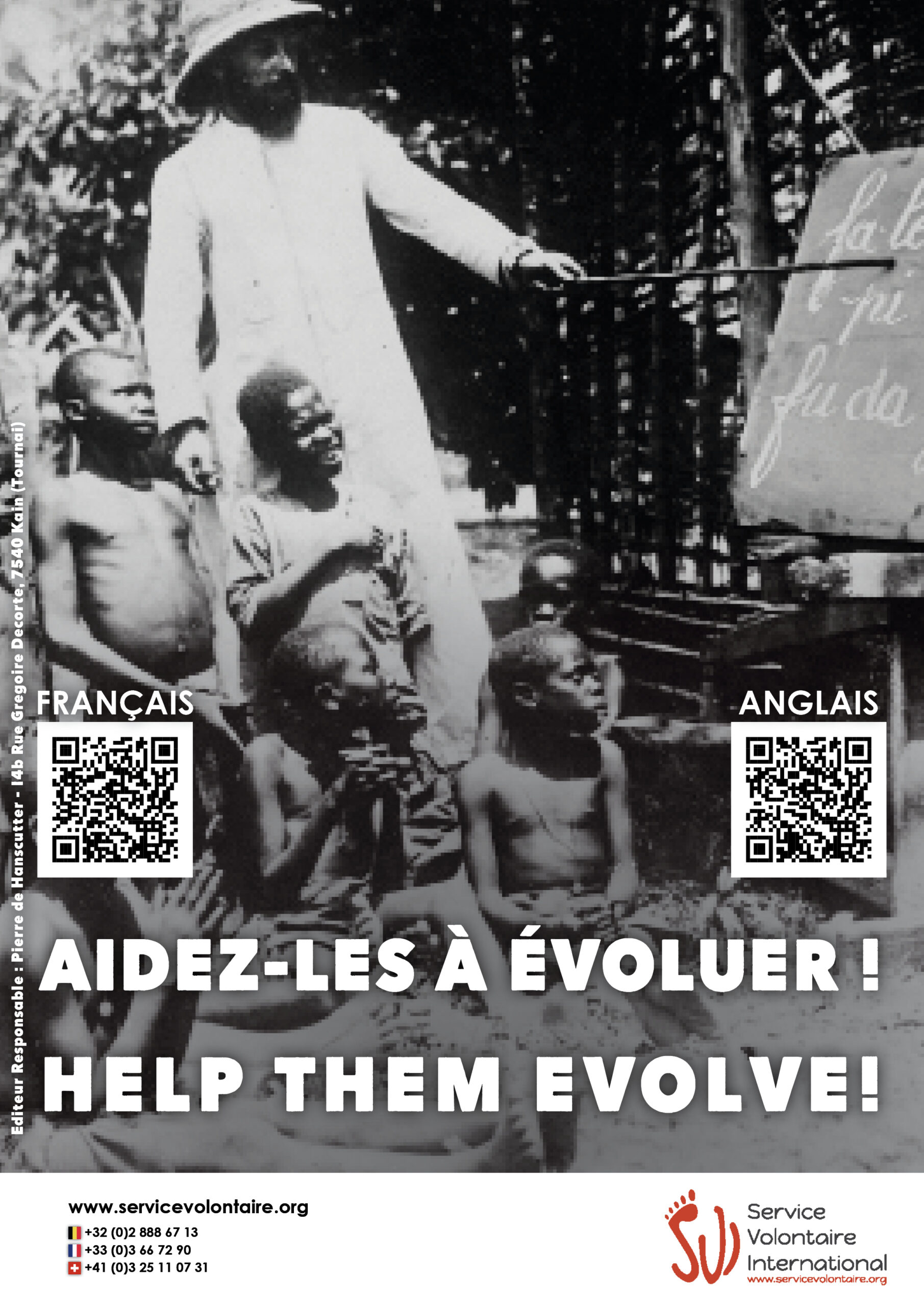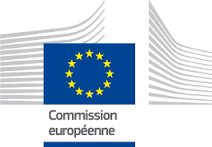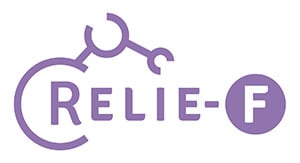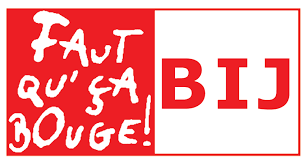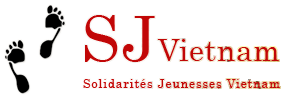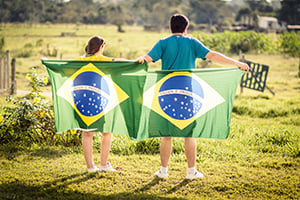Missionaries to Civilize Africa
Do these scenes shock you? You do not like them? Good! Yet, there was a time, not so long ago, when they seemed normal. We would like to believe that racism, hatred of the other, and the North’s patronizing attitude towards the South are things of the past, but they are not.
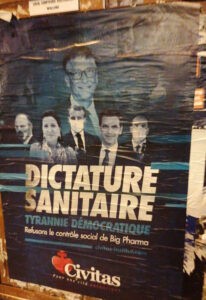 The far-right still flourishes today, nationalist parties are gaining ground across the globe, religious fanatism is becoming the norm, as evidenced by the appearance of the Civitas posters on the campuses (“against the democratic dictature”). These ideologies become “normal” once again. It is no longer surprising to see members of the Lepen family in the second round of the French presidential elections, millions of Americans vote for Trump, Hungary and Poland slip in autocracy, Flanders wonder if one can govern with the far right… We end up not daring to talk about religions out of fear. Are those facts more or less shocking than these old pictures?
The far-right still flourishes today, nationalist parties are gaining ground across the globe, religious fanatism is becoming the norm, as evidenced by the appearance of the Civitas posters on the campuses (“against the democratic dictature”). These ideologies become “normal” once again. It is no longer surprising to see members of the Lepen family in the second round of the French presidential elections, millions of Americans vote for Trump, Hungary and Poland slip in autocracy, Flanders wonder if one can govern with the far right… We end up not daring to talk about religions out of fear. Are those facts more or less shocking than these old pictures?
We would like to believe it is preferable to remain blind to these despotic abuses and to turn them into mere anecdotes, but this would amount to making this type of destructive and libellous acts trite.
In the Service Volontaire International, a youth organisation, we consider it is essential to look critically at both our present and our past, because, as Churchill affirmed, “a nation which has forgotten its past can have no future”. We do not forget.
Racism, fascism, obscurantism must not become trivial!
Western nations have always maintained a very particular relationship with Africa. Frequently considered as poor and needy, the cradle of humanity attracts people from northern countries who feel invested with an important mission and responsible for the salvation of the local African populations. Thus, many are those who go and commit themselves to help the people who need it most. Naturally, commitment is a value that we stand for. It is essential that as many people as possible become aware of the real challenges faced by crisis-stricken African countries and of the necessity to establish a collective effort to improve the life of these populations.
But help is a much more complex concept than it looks. Do we always act for the good of the people we sincerely believe we are helping? What are the long-term consequences? Could it be possible, not out of malevolence, but out of ignorance, to do good badly?
Take a closer look at the man in white on the picture on the left. He is a member of the Society of the Missionaries of Africa, an organisation founded in 1868 by Archbishop of Algiers Cardinal Charles Lavigerie in order to educate and catechise the local children and build Christian villages on the Algerian territory. As soon as the Society was created, its members were incited to adopt the country’s customs and lifestyle, and thus were encouraged to wear the traditional local white robe from which their definitive name derived: the White Fathers. They expanded very quickly through multiple countries across the African continent (Sudan, Tunisia, Congo…) and broadened their field of activities (baptisms, health care, education…). Everywhere they went, they “spread the good word”, taught the children, brought their medicine.
So, what is the problem? The problem is that all the actions carried out by these good-hearted missionaries have always been in line with a clear purpose: evangelise Africa, supporting at the same time the idea of European culture (or, in our case, the Catholic religion) being superior to all other cultures and deserving to be spread across the world. This postulate places African and European people in an absolutely unequal interaction system in which Blacks necessarily depend on Whites to develop and thrive. Therefore, this is not a horizontal exchange between two peoples, but an unbalanced power relationship in which the dominant imposes its culture to the dominated. And again, this didn’t always result from meanness. In fact, the Catholic Church and the White Fathers had probably in mind the real ambition to “save” the people of Africa. But for them, it required their evangelisation and their assimilation to European culture.
This system was so embedded in the collective imagination of the colonial era that a term was developed to refer to the Congolese people who had adopted the lifestyle of the Belgian colonists: Évolué (French for “evolved”). Charming, isn’t it? Could be considered as “evolved” those who were Christian, had followed a long enough school curriculum and, most importantly, could speak French. In a nutshell, only those who accepted to abandon their native culture to blend into that of the colonists were “evolved”. But the prerequisites to be allowed into this caste went even further: some obligations were very hard to meet, like having a home equipped with gas, which was financially impossible for most of the locals. The colonists even intruded into the Congolese people’s privacy by examining their houses to make sure they had enough furniture and dishes. Their homes had to be maintained in order based on European standards. In short: they had to do everything “like Whites”. Even some Congolese people ended up accepting this term and everything it entailed, as clubs and associations for “evolved people” were founded during the 1940’s. These groups gave their members more privileges and opportunities of social ascension than their non-evolved compatriots had.
We had already mentioned it in a previous article (link), but this domination-submission relationship continues today, reinforced by voluntourism agencies which offer young volunteers the opportunity to take part in so-called “humanitarian” missions. The people who participate in projects of that kind (like the young lady on the picture on the right) can pay the organising company up to several thousand euros to go spend a few days in a crisis-stricken country where they will get to play doctor, professor, or any other job that requires specialized skills they do not have. That way, they overshadow true (often local) professionals who could act much more effectively.
What do you think of all this? Do you consider that, despite everything, these “white knights” do more good than harm to the local people? Is it possible to contribute to the development of communities who need it without dispossessing them of their identity and autonomy? How to establish a more equal interaction system between the different nations of the world?
We are Service Volontaire International. Through volunteering, we aim at encouraging people to adopt a new critical outlook on the world around them, on the things that scandalise them, and on those that do not event surprise them anymore. As a Youth Organisation recognised by the Belgian Fédération Wallonie-Bruxelles, our mission is to help the younger generation to become responsible, active, critical and united citizens.
Let’s evolve all together!
Sources :
- Youtube.com. 2020. (en ligne) Disponible sur : https://www.youtube.com/watch?v=NmKcofV8ilA (Consulté le 28 octobre 2020).
- de PLANHOL, X., 2020. PÈRES BLANCS. (en ligne) Encyclopædia Universalis. Disponible sur : https://www.universalis.fr/encyclopedie/peres-blancs/ (Consulté le 28 octobre 2020).
- Le Cairn. 2020. Les Cent Quarante Ans Du Label Missionnaire « Pères Blancs ». (en ligne) Disponible sur : https://www.cairn.info/revue-histoire-monde-et-cultures-religieuses1-2008-4-page-3.html (Consulté le 28 octobre 2020).
- Catho-bruxelles.be. 2020. Les Pères Blancs Et Les Sœurs Blanches Fêtent Leur 150 Ans Cette Année ! |. (en ligne) Disponible sur : https://www.catho-bruxelles.be/les-peres-blancs-et-les-soeurs-blanches-fetent-leur-150-ans/ (Consulté le 28 octobre 2020).
- Le Cairn. 2020. Les Pères Blancs, Acteurs Du Jeu Colonial. Mission Catholique Et Enjeux Politiques En Haute-Volta Au Lendemain De La Seconde Guerre Mondiale. (en ligne) Disponible sur : https://www.cairn.info/revue-histoire-monde-et-cultures-religieuses1-2010-2-page-59.html (Consulté le 28 octobre 2020).
- Missionaries of Africa. 2020. Mafrome. (en ligne) Disponible sur : https://mafrome.org/page-de-garde/ (Consulté le 28 octobre 2020).
- Fr.wikipedia.org. 2020. Missionnaires D’afrique. (en ligne) Disponible sur : https://fr.wikipedia.org/wiki/Missionnaires_d%27Afrique (Consulté le 28 octobre 2020).
- Mutamba Makombo, J., 2020. Les Évolués : Situation Au Congo Belge. (en ligne) Books.openedition.org. Disponible sur : https://books.openedition.org/pusl/10394?lang=fr (Consulté le 28 octobre 2020).
- Fr.wikipedia.org. 2020. Évolué. (en ligne) Disponible sur : https://fr.wikipedia.org/wiki/Évolué#:~:text=En%201954%2C%20le%20gouvernement%20colonial,belge%20étaient%20des%20«%20évolués%20». (Consulté le 28 octobre 2020).
- Civitas : qui se cache derrière l’association catholique devenue un parti politique ? https://www.rtl.fr/actu/politique/civitas-qui-se-cache-derriere-l-association-catholique-devenue-un-parti-politique-7783901433
- Messire Dieu, premier servi” Étude sur les conditions de la prise de parole chez les militants traditionalistes de Civitas https://www.cairn.info/revue-politix-2014-2-page-59.htm

